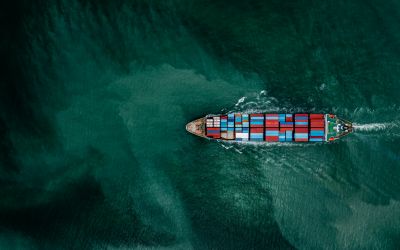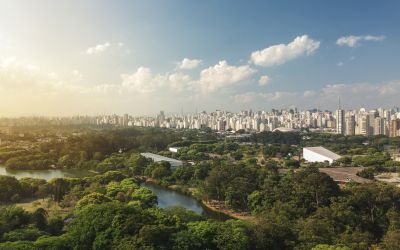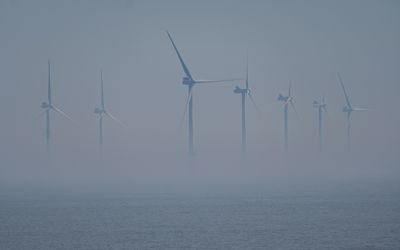Qatar oil and gas forum will highlight environmental safety
Doha forum, supported by ABB and under the patronage of Dr. Mohammed Bin Saleh Al-Sada, Minister of Energy and Chairman of Qatar Petroleum, will lay out a road map for achieving environmentally friendly and socially sustainable deployment of oil and gas processes.
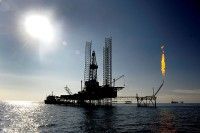
Accidents within the oil and gas sector impact communities, businesses and threaten the environment and millions of dollars are spent every year on restoration.
A significant proportion of these accidents could be avoided by applying stringent regulations and adapting industry practices. But repetitive tragedies demonstrate that the sector hasn’t fully applied the lessons that have been learnt. A summit in Qatar aims to mitigate these risks for oil-producing nations.
According to ABB’s North America Vice President on Safety and Health, Darryl Hill, “lessons learned” are not integrated into industry safety and health management systems despite damning public exposure.
One of the world’s largest engineering companies and conglomerates, ABB operates in over 100 countries and employs 145,000 employees. Realizing radical safety improvements within their own empire will give significant momentum to industry-wide change.
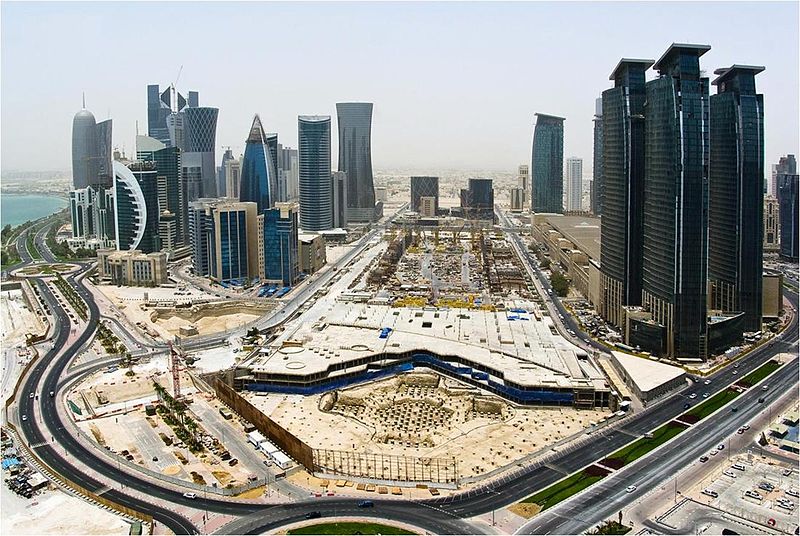
The forum is named “Refining the Vision: Turning Commitment into Reality”.
Over 350 delegates involved in HSE (health, safety and environmental) across the energy sector will advocate a pivotal shift in organizational cultures to prevent incidents such as last year’s oil spill cross the Gulf of Mexico. Particular focus will be on environmentally and socially sustainable deployment of oil and gas processes. The conference will spotlight the latest developments and technological solutions essential to ensure effective and sustainable environmental practices in the energy sector. It’s about time.
Despite monstrous industrial disasters such as the Fukushima nuclear melt-down and Deepwater Horizon oil rig fire, preventative recommendations are not being fully integrated into long-term HSE management systems. Deepwater Horizon was the offshore oil rig that exploded in the Mexican Gulf in 2010, killing 11 crewmen and incalculable wildlife, causing the largest marine oil spill in petroleum industry history.
.jpg) Olu Adeolu, head of Safety at the Institution of Occupational Safety and Health (IOSH) in Qatar who will also speak at the Forum, added that the industry is learning from past mistakes, but at a gradual and inconsistent pace.
Olu Adeolu, head of Safety at the Institution of Occupational Safety and Health (IOSH) in Qatar who will also speak at the Forum, added that the industry is learning from past mistakes, but at a gradual and inconsistent pace.
This new approach demands that the total organization be involved in continually improving the work system. Industry managers must sustain and reward incident-free workplaces; leaders must inspire personal commitment and action from each employee. Safety and health professionals must keep incident “lessons learned” at a high level in the organization to prevent re-occurrence. Communication and education are key.
Developing a culture centered on HSE, especially in the oil and gas sector, is fundamental to business growth. Those that don’t embrace this principle risk sanctions by regulatory agencies, communities, peers, news media, and the public. Industry self-improvement is important, but clear regulations and proper enforcement by environmental and safety agencies is imperative, so that companies that fail to comply will lose their licenses and permits to operate.
The forum is being supported from key industry players, securing speakers who are experts in the field including Saad Al Kubaisi of Qatar Petroleum, Ali Al Rahbi of Dolphin Energy, Dr. Qudsia Huda of World Health Organization and Richard Birrer of Saudi Aramco Medical Services Organization, among others.
Image 01 - Doha corniche. RajeshUnuppally
Image 02 - Doha montage. amjra.

